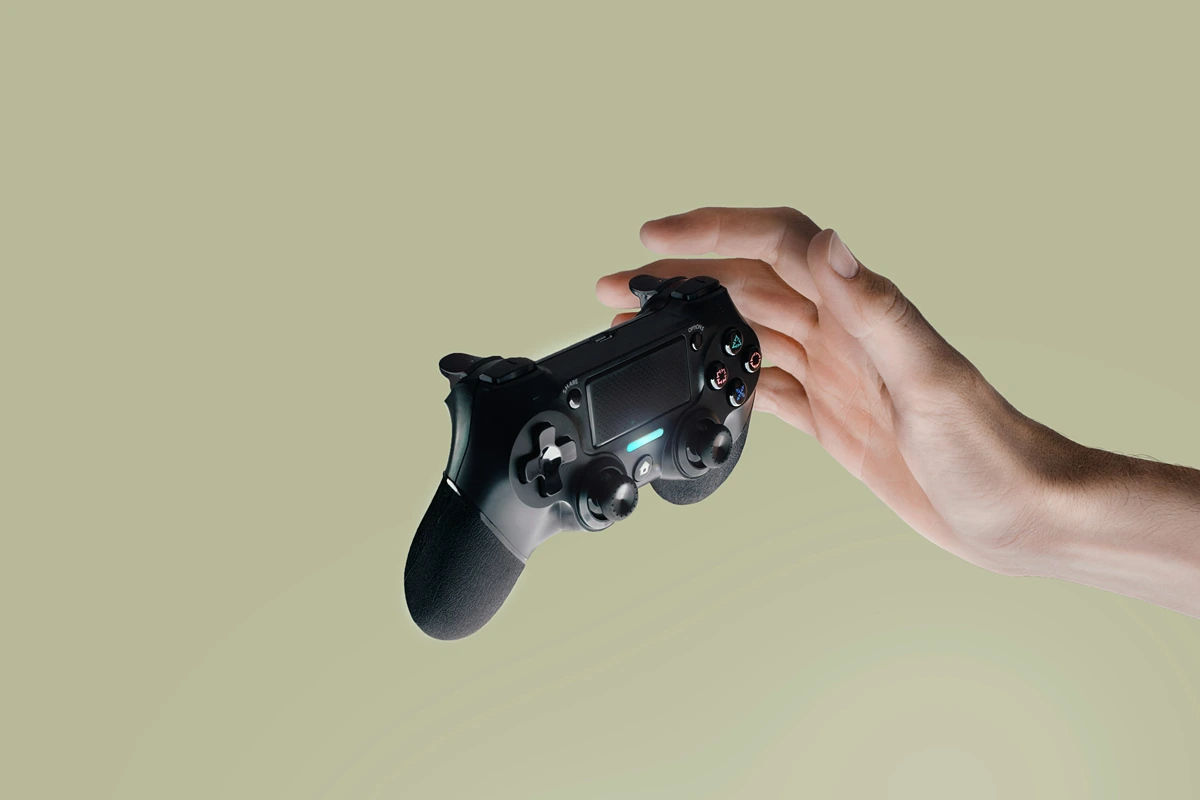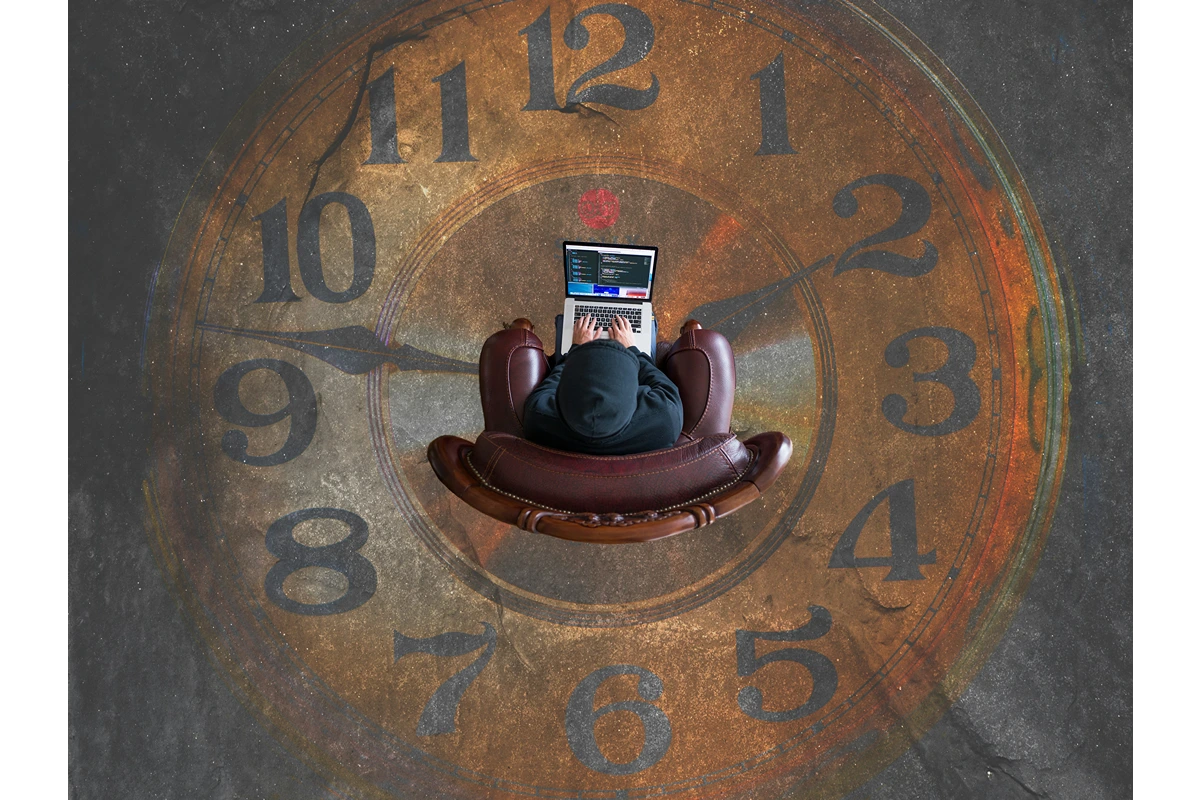ADHD and Phone Procrastination
Does your ADHD cause you to procrastinate on screens? Do you ever feel like your phone is stealing your time (and sanity)? These science-backed tips can help you manage time better without any shame.
Have you ever opened your phone for “just 5 minutes” and suddenly lost an hour? You’re not alone, especially if you’re navigating ADHD. Phones offer dopamine and distraction on demand, but with the right approach you can actually shift the pattern of procrastination on your phone to focus. Let’s explore some research-backed strategies to help reduce screen stress, improve time habits, and reclaim your focus without the need for perfection!
1. ADHD Coaching Builds Skills and Self-Compassion
If you’ve felt “lazy” or “undisciplined” because of your phone use, here’s the truth: your brain might just need different tools such as ADHD coaching, which supports:
- Time management skills like planning and organization
- Self-esteem and emotional regulation
- Real-life systems that actually work for your ADHD type
According to coaching studies, even late-diagnosed adults with ADHD experience greater self-acceptance and confidence when working with a coach (Sander-Williams, 2024; Ahmann & Saviet, 2024). If you were diagnosed later in life, coaching can help rewrite your inner narrative from “I’m bad at times” to “I work differently and that’s okay.”
One strategy to try: Use the “stop / check-in” technique: pause before opening a distracting app and ask: “Is this helping or hijacking my focus?” (Nordby et al., 2025)
2. Use Digital Tools (That Don’t Trigger You)
The right tech can actually reduce feelings of being overwhelmed.
You can look for ADHD-friendly supports that offer:
- Clean design and minimal noise
- Clear goals and calming color palettes
- Simple language and visual cues (Singla et al., 2024)
Feeling stuck or overwhelmed? Try 5 minutes with our no-login-needed ChatBot and be provided with small nudges toward healthier digital habits.
3. Move Your Body to Reset Your Brain
Physical activity is one of the most powerful, underused tools for ADHD time management. Studies show physical activity leads to significant gains in inhibitory control, attention, and executive function. It also boosts sleep, mood, and motivation, which is key for long-term habit success. Something as simple as a walk in nature, even once a day, can offer a gentle reset and build momentum for focus.
4. Small Wins Help Manage ADHD
Instead of regular discipline which wont work, try building ADHD-friendly systems using “micro-wins” like; “respond to one message,” not “empty inbox”. Use visual supports to manage your time like timers, sticky notes, or color-coded reminders. Finally, social reinforcement like a buddy system drives your validation and accountability (Anderson & Marino, 2024).
- Still overwhelmed? Pick one habit, like putting your phone out of reach at meals.
Ready now? Try a full “no-phone evening” and journal how your energy shifts.
Key Takeaways
- ADHD phone procrastination solutions focus on small, science-based shifts, not shame.
- Coaching, movement, and digital support help build sustainable time management for ADHD.
- Real success comes from micro-wins, self-awareness, and a structure that fits your brain.
Next Steps to Try Today
- Set your phone aside for just 10 minutes tonight in a no-pressure experiment.
- Try our ChatBot for friendly and research-backed help.
- Explore our Book for quadrant-specific digital wellness strategies.
References
- Ahmann, E., & Saviet, M. (2024). Development of a manualized coaching intervention for adult ADHD. International Journal of Evidence Based Coaching and Mentoring, 22(1), 177–198.
- Ahmann, E., Saviet, M., Fouché, R., Missenda, M., & Rosier, T. (2021). ADHD coaching and interprofessional communication: A focus group study. International Journal of Evidence Based Coaching and Mentoring, 19(2), 70–87.
- Anderson, K., & Marino, M. T. (2024). Executive function coaching for college students with disabilities: A systematic literature review. Journal of Postsecondary Education & Disability, 37(2), 160–183.
- Martín-Rodríguez, A., Herrero-Roldán, S., & Clemente-Suárez, V. J. (2025). The role of physical activity in ADHD management. Children, 12(3), 338.
- Nordby, E. S., Skovholt, E., Stormark, K. M., & Løhre, A. (2025). Experienced change following a blended intervention for emotion dysregulation in adults with ADHD. BMC Psychiatry, 25(56), 1–15.
- Singla, A., Khanna, R., Kaur, M., et al. (2024). Developing a chatbot to support individuals with neurodevelopmental disorders. Journal of Medical Internet Research, 26(6), e50182.
- Sander-Williams, H. (2024). The impact of ADHD coaching on the identity of women with late diagnoses. International Journal of Evidence Based Coaching and Mentoring, S18, 32–45.
*Disclaimer: Offline Now offers educational coaching tips, not medical or therapeutic advice; please consult a qualified health professional for personal, clinical or health concerns.*




